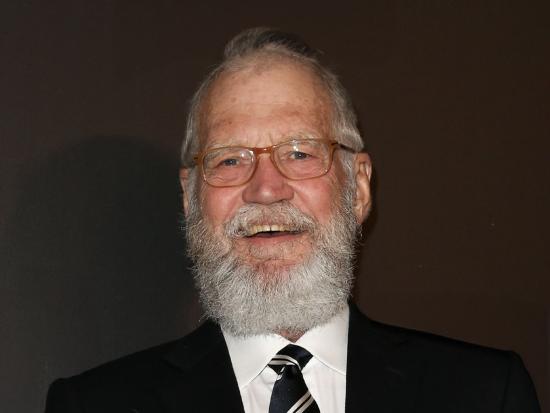
Over the last several years, David Letterman, who left “Late Night” in 2015, has had the chance to think about his career’s highs and lows. In a recent interview, the former late-night television host discussed the challenges he encountered in show business and why he believes the pressures of Hollywood made him a worse person.
“In show business, I find that I have pretended to be someone I’m truly not,” Letterman told GQ. “In my life here in Indiana and at my home with my family, I am probably the person I actually am. And I regret that they don’t kind of cross at any point. When asked whether show business made him a worse person, Letterman quickly responded, “Yes. You’re exactly right,” he said. “And I don’t know, maybe it’s only because I went through show business. I got that out of my system eventually that I can concentrate on being a better person and probably couldn’t have reached this point if I had not gone through the exercise of trying to succeed at show business.”
“I just feel like personally, I have greater humanity than I did when I was in show business. It was all single-minded and great pressure, real unimagined, and I felt like it’s all on me, and it’s all on me, and that it was all nonsense.”
Letterman acknowledged that he was often described as miserable during most of his interviews in the ‘80s and ’90s.
“There’s a couple of things going on there,” he said. “I was drinking heavily in those days — that may have provided some fuel for misery. And I guess not achieving what I imagined to be, like — you take Johnny Carson, there’s never going to be anybody as good at that kind of show as Johnny. Nobody better. Maybe there are people now who are excellent broadcasters and as good as Johnny, but nobody better. So here I am thinking: ‘Oh crap, I am not going to be as good as Johnny. What am I doing here?’”
Letterman left “Late Night” in 2015 after hosting the show for 22 years.
“For the last handful of years, my favorite part of the show was just talking to people,” Letterman said of his experience towards the end of his run. “Because doing comedy each and every night, each and every night, each and every night, that’s meaningful and not just laughable, that’s tough. That’s really tough. And I was always lucky to have men and women who were really smart and really good writers. I just — I’d be in the next room. But the thing that I enjoyed mostly was actually just talking to people.”
However, the Indiana native faced many challenges along the way.
“I felt like whenever I would go out, there would be an expectation to which I could not live up, he admitted. ‘Oh, here he comes. He’s going to do a show. He is going to be funny. We’re going to be entertained.’ And I kind of felt like that expectation takes quite a lot of energy, so I didn’t want to bleed it off before or after the actual show, which was always in desperate need of entertainment.”
These days, Letterman says he’s much happier living in his home state of Indiana.
“All I cared about was television, one hour of television that I was responsible for, for 30 years,” he said. “That’s all I cared about. Everything fell apart, went away. I didn’t even know if it was falling apart or not. And now I have the energy and the broader focus to recognize humanity has other fulfilling pursuits.”
While it’s been nearly a decade since he retired from “Late Night,” the TV host said he’s not sure he’ll ever fully retire.
“Retirement is a myth. Retirement is nonsense,” said Letterman, who still hosts a talk show, Netflix’s “My Next Guest Needs No Introduction.” “You won’t retire. The human mechanism will not allow you to retire.”
“As long as you are healthy, you still want to produce,” he added. “And you will find ways to — once I stopped doing the show, it took me a couple of years to figure out that, oh, this is a completely different rhythm. And without the rhythm that you’re accustomed to, largely unsatisfying. So, you got to find something that’s important to you.”
